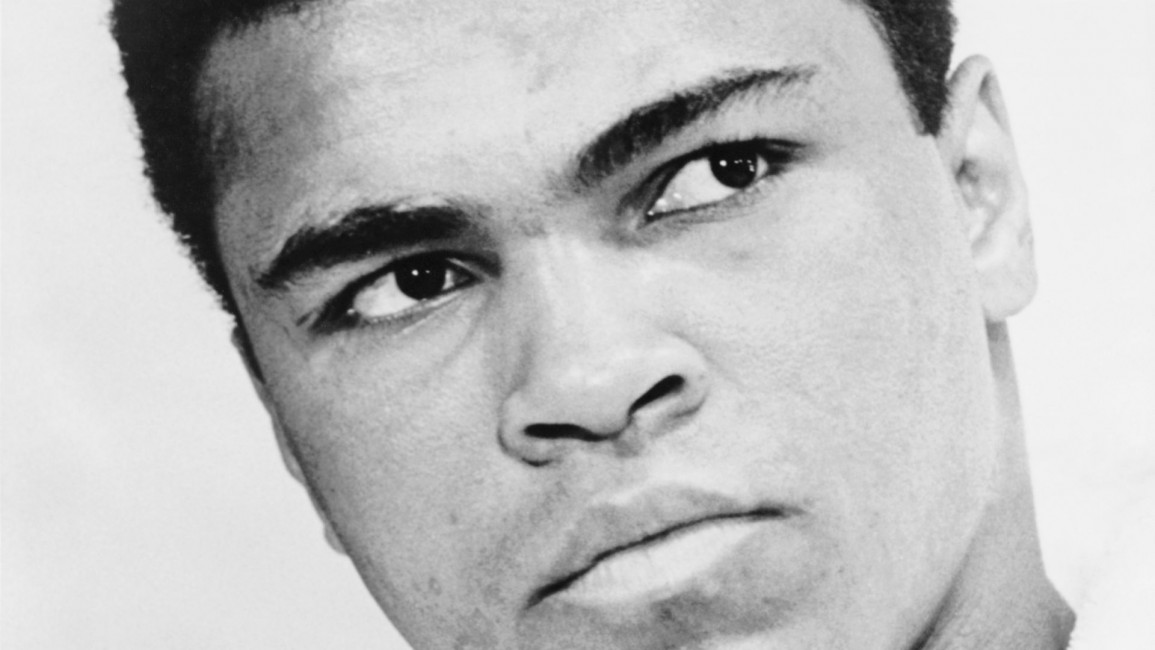Boxing icon Muhammad Ali dies
Muhammad Ali, probably the world's greatest boxer, has passed away aged 74, near Phoenix, US.
The former heavyweight boxing champion was rushed to hospital earlier this week with respiratory problems, where he died on Saturday.
Ali was not only a legendary boxer, but a cultural icon, taking a stand against racial injustice at home and the US war in Vietnam.
He was also admired as a Muslim, and used his faith in his final battle against Parkinson's disease, which left Ali weakened and vulnerable.
"God gave me this disease to show me I am not the greatest," he said, in reference to his status as the world's best fighter and a reference to Islam's testament of faith.
Ali's funeral will be held on Saturday in his hometown St Louisville, Kentucky. The city's flags have been lowered to half-mast, and a memorial service in Louisville is expected later today.
People from across the world touched by the legendary figure have started to pay their respects, including some of those who knew him best.
"It's a sad day for life, man. I loved Muhammad Ali, he was my friend. Ali will never die," Don King told the Associated Press, who promoted some of Ali's biggest fights. "Like Martin Luther King his spirit will live on, he stood for the world."
Muhammad Ali dominated heavyweight boxing for two decades, until he retired in 1981 with his body and brain seriously battered and weakened, and beginning to show signs of Parkinson's disease.
Many battles
That did not stop him travelling the world, making numerous appearances on television and in public, where he displayed his talent for wit.
"I ain't got no quarrel with them Vietcong," he once said about Vietnamese fighters resisting US troops in Vietnam.
It was a war he refused to participate in due to his Muslim beliefs and the charge of "draft dodging" saw him sentenced to five years in jail, which he did not serve.
Later in life he would go on to spread the word of Islam across the world, a religion he turned to after rejecting the Christian faith he was born into, which he said was forced on his forefathers when they came to the US.
He also changed his name to Muhammad Ali from Cassius Clay.
The endemic racism he suffered throughout his childhood and during his career would have a marked effect on his character.
"Boxing was my field mission, the first part of my life," he said in 1990, adding with typical braggadocio, "I will be the greatest evangelist ever."
Ali visited holy sites in Mecca in 1972 and took inspiration from the overarching equality that marked the pilgrimage.
"The poetry came to me from God, the poetry and the hand," he once said.
Muhammad Ali was world heavyweight champion three times, winning his first title aged 22.
During his phenomenal career he knocked down some of the sport's other greats such as Sonny Liston, George Foreman, and Joe Frazier.
|
Agencies contributed to this story.



